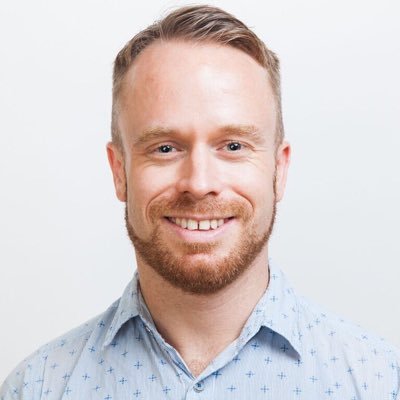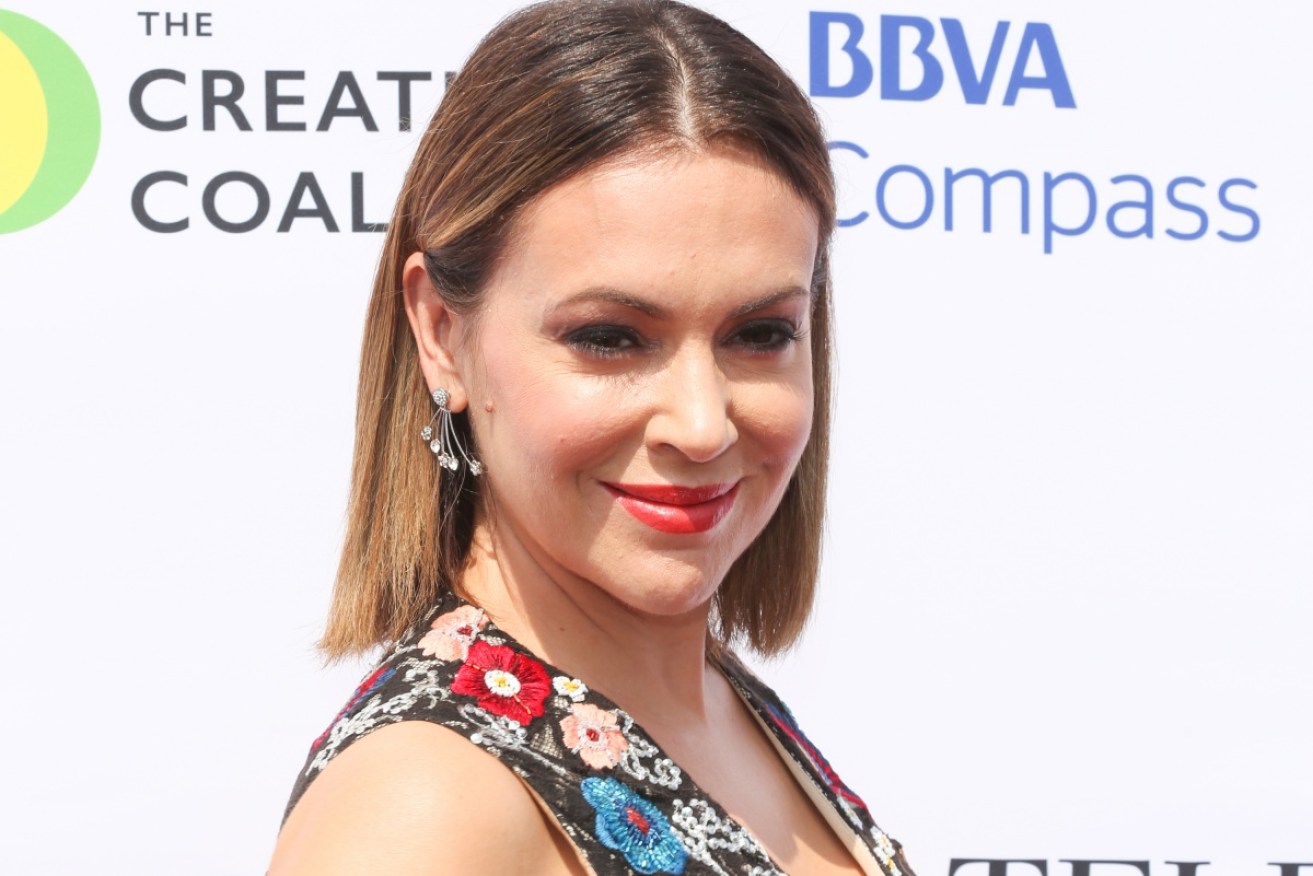‘Me too’ hashtag highlights only a small part of a larger problem


Actress Alyssa Milano ehas won equal measures of support and ridicule for her #sexstrike campaign. Photo: Getty
When social media became a sea of two small, devastating words in recent days it unearthed strong emotions.
Actress Alyssa Milano encouraged women who have experienced sexual harassment to write #MeToo as their status “to give people a sense of the magnitude of the problem”.
Despite the hashtag temporarily trending, just how much of a sense of that magnitude has been given is up for debate, according to lawyers and sexual assault advocates.
Other Hollywood stars and alleged victims of Harvey Weinstein were first to come forward, followed by those with Twitter and Facebook accounts. These stars and brave women, though, could be the tip of the iceberg.
Some men on social media were overwhelmed at the apparent scale of the problem. Response hashtags have included #IHearYou, #IHave (an admission of guilt), and #HowIWillChange – shifting the onus from brave women coming forward, to men calling out and preventing this behaviour.
But for author and sexual assault advocate Nina Funnell, 33, it was less shocking.
“Virtually all women have some kind of experience, so it’s hardly surprising,” she tells The New Daily.
“It’s an inclusive hashtag, bringing solidarity, comfort and empowerment to women on social media – but there are still certain groups who’ll feel completely invisible and silenced.
“Because of the nature of what they’ve experienced, they can’t talk about it.”
One such group is teenagers. Ms Funnell, who has experienced sexual assault and harassment on multiple occasions, including being dragged into a park at blade-point, first experienced sexual harassment as a 14-year-old working at McDonald’s.
“I worked alone at the drive-through. Guys did it because they knew you had to be polite and not tell them to f–– off,” she says.
“It was so normalised, I didn’t even think of telling my manager, but it made me feel humiliated, embarrassed and ashamed.
“I was also confused. Culturally you were conditioned to take it as a compliment, but it felt predatory and intrusive.”
Ms Funnel tells The New Daily that teens are “the most vulnerable demographic” who could be missing from #MeToo because of a “lack of understanding of sexual harassment laws – they don’t know their rights”.
She also cites “women of colour, trans women, women with disabilities, working class women – any group where you have layers of discrimination, it’s harder to speak out and be granted a platform”.
Research from the Australian Human Rights Commission shows one in four Australian women has been sexually harassed at work.
Sex Discrimination Commissioner Kate Jenkins said that gives a sense of how widespread the problem is across all sectors – not just those with blue ticks on Twitter (that denote a person is verified).
As Ms Jenkins told the ABC, “I spoke to one hospital worker who was sexually harassed by a male patient, who indecently exposed himself to her. Instead of helping her, the woman’s colleagues and manager assumed she was in a sexual relationship with him.”
“Another told me she was asked to wear a bikini while fruit picking so she could get paid a bonus.”
Either it’s a problem on the rise, or reporting of women coming forward is picking up. In the last reporting period, the Human Rights Commission has seen a 13 per cent increase in complaints of sexual harassment. It’s one of the most common complaints it receives.
Giri Sivaraman, an employment law specialist at Maurice Blackburn, has represented women in sexual harassment cases working in “occupations across the board – car sales, real estate, marketing, the big four consultancies”.
He tells The New Daily “nearly all” cases have been taken by women against male perpetrators. But he hits on a gap: “I know the problem is widespread from the statistics, but my case load is comparatively small.
“Women are afraid of speaking up because of the power dynamics commonly at play.”
What are the solutions for lower-earning women (or men) who want to challenge sexual harassment but might not have the platform, financial ability or inclination to share their story so publicly?
“If the federal government is serious about tackling sexual harassment in the workplace, it’d restore funding it has pulled from the Human Rights Commission,” Mr Sivaraman says.
“For women who can’t afford legal help, the HRC can step in – but only if it’s properly resourced. Otherwise whistleblowers get attacked, entrenching a culture of oppression for women.”








